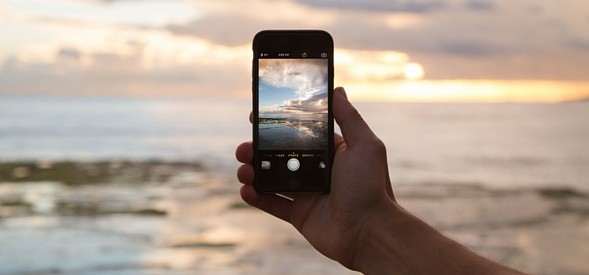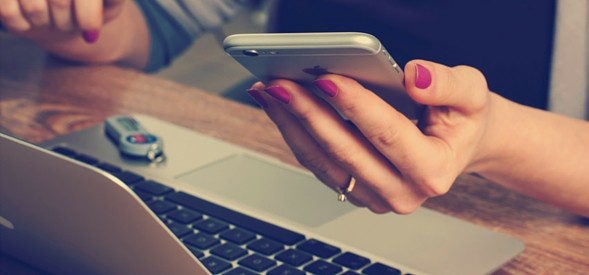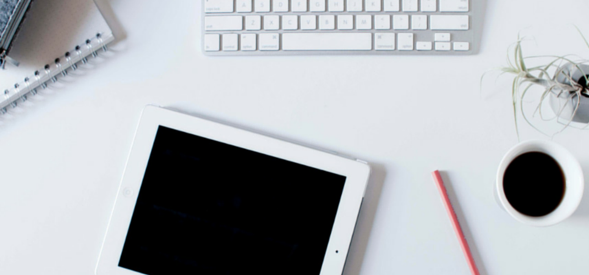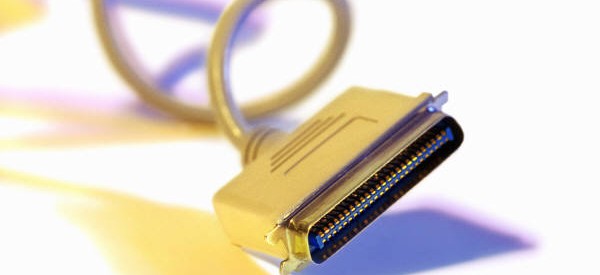I wrote recently getting a handle on online distractions that keep you from writing, and prior to that, about cutting back on the online distractions that were cluttering my head.
I’ve been highly interested in this topic because I could feel my life-energy being sapped by these distractions and it’s been really bothering me, despite the many changes I’ve already made. I do a good job of protecting my actual writing time from email and other online stuff, but the rest of my life? Not so much.
And it was mostly because of my phone. My computer use feels manageable. My TV consumption is minimal (though I have been watching lots of Prison Break and Breakout Kings as I’m prepping a sci-fi prison movie right now!). Having said that, I like being able to use my phone to read ebooks in the dark late at night without waking the baby (who sleeps in the same room) and being able to write on it when I want to.
But I don’t like feeling like I can’t be without it. Ever. YUCK.
(And honestly, the picture I’ve chosen to accompany this post keeps freaking me out — it seems entirely emblematic of how so many of us are viewing our world through the filter of a device… constantly.)
My email trap
It was email that was really my last “hook” — I rationalized that as a business owner, I need to stay on top of things and make sure nothing was falling through the cracks. But that notion kept me constantly checking to see if I had any new messages.
And not only did I feel guilty for oh so frequently “checking” my phone when I was around my kids, I didn’t like the way my brain felt always cluttered by all the checking, even after I’d taken Facebook off my phone, turned off almost all the notifications in the lock screen and more. It was like being tied into other people’s energy and needs was keeping me on edge, in a hyper vigilant state of awareness and constant readiness. Again, YUCK.
Finding the courage and support to make a change
So I decided to participate in Jessica’s Look Up two week online use “detox” program and see what shifts I could make.
Since my online Writer’s Circle program is similarly grounded in accountability, self-observation through journaling, and support through coaching and peer connection, I knew going in that her program would be just the ticket to get me focused on what I really wanted.
She had us work through her four-step process of first defining what we want, noticing what impulses were driving the behavior to check in online, accepting that those feelings and impulses (often discomfort) would not necessarily change but that we could learn new ways to deal with them, and finally choosing what we wanted instead. Then, every day, we answered simple journal prompts every morning to set our intentions for the day about our online use and how we wanted our days to go, and every evening, about how it went and what we learned.
I deleted Gmail from my phone
Initially I found myself sort of skirting the edges of changing my phone use, testing the water, seeing how it felt just to consider cutting back. (Which just shows how powerful an addiction it can be!)
Even before the program started, I installed the app called “Moment” so I could see how much time I was actually spending on my phone, and how many times I was picking it up. So in some ways it was good that I wasn’t changing anything initially, but just observing. And it was kind of scary. There was one day, prior to the program, where I picked up my phone FORTY-NINE times. 49!! It’s embarrassing even to put that in print.
On about Day 3 of the 14-day program I decided to take Gmail off my phone entirely. For good measure, I took off Chrome too, so my second-biggest, “let me just look that up real quick” excuse was gone too. I still have Safari there but since it wasn’t my go-to program it just doesn’t have the same attraction. While I was at it, I turned off every other kind of lock screen, pop up, and banner notification I could find on my phone (except iMessage and Reminders, which I do use) and on my computer.
It was so worth it.
I felt sort of jittery for about 24 to 48 hours, still on that automatic “must-check-now” auto-alert. It was mildly frightening to feel so much like Pavlov’s Dog. Again, YUCK.
What changed for me
After that, everything got a lot more calm.
I found myself feeling much more present in my life and to my family.
My brain felt quieter, calmer, more alert.
I had more energy.
I started reading REAL BOOKS and putting my hands on REAL THINGS like baking food, drawing, collaging. I noticed that when I felt the urge to “check” I could make tea, or snuggle with my boys, or GO OUTSIDE and look up at the beautiful amazing sky that helps make life on this planet possible.
I also found that I could still use my devices for certain things: Kindle, Netflix, the timer, the calculator, iMessages, writing, and other apps I love and find incredibly useful without it taking over my time and energy. My phone became a tool again, instead of a constant companion or savior or whatever it was actually doing for me. It’s been interesting to walk the line of finding what online use works for me and what doesn’t, at least for right now.
I found myself being crystal clear about times when I absolutely did NOT want to be consuming any online stuff at all and have had a few spans of totally unplugged time (something I used to do weekly) and LOVED it.
It’s started to feel kind of gross to be looking at my phone.
So I just don’t do it much anymore. It mostly stays in my office, on the charger, except when I need it when I’m out and want it for emergency phone calls, or if I need it for another purpose, like the calculator or timer. Again, it’s gone back to being a tool, and I like that.
I also found that the days have gotten So Much Longer! All those “little” checks and moments of time that were getting sucked into online use are suddenly mine again. My mind is clearer. My intentions are clearer each day. I feel more focused.
How my writing has changed
And as far as my writing goes, I have not noticed a huge change in my writing time, but I’m not surprised by that, since I’ve already been writing regularly and protecting my writing time well.
What I have noticed is that I feel readier to write when I sit down to do it. Now what swirls around in my brain when I’m out in the world is what I’m going to be writing about next, whether it’s a blog post, my current script, or the next big project that’s coming down the pipeline. It might sound like a small shift, but it’s huge. It feels like I’ve reclaimed my own territory again. And it’s such a relief.
What about you?
Are there ways your online use is hindering your time, life-energy, or writing focus whether it’s on your phone or computer or other device? Does anything I’ve shared here inspire you to make a change? I’d love to hear what you think.






